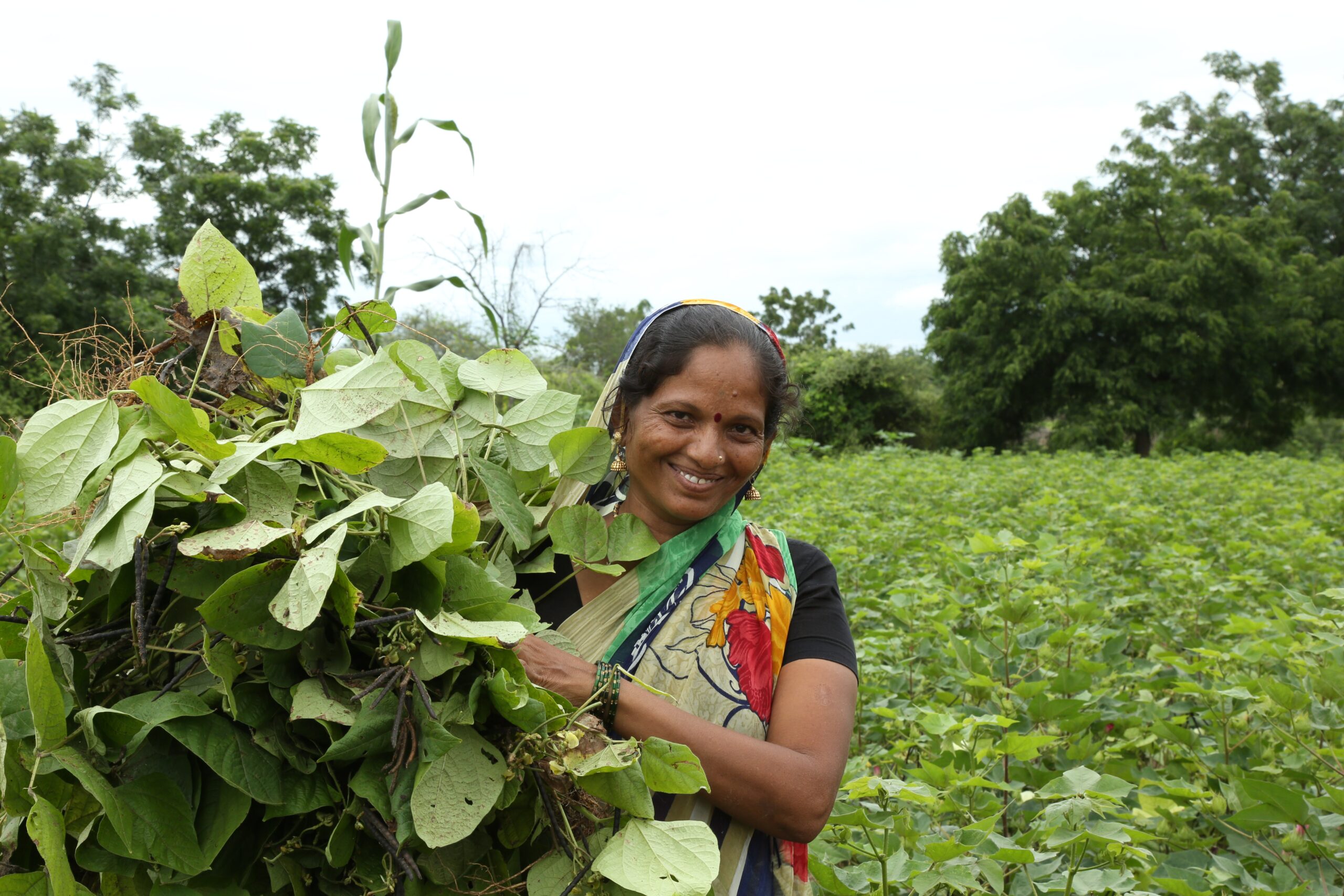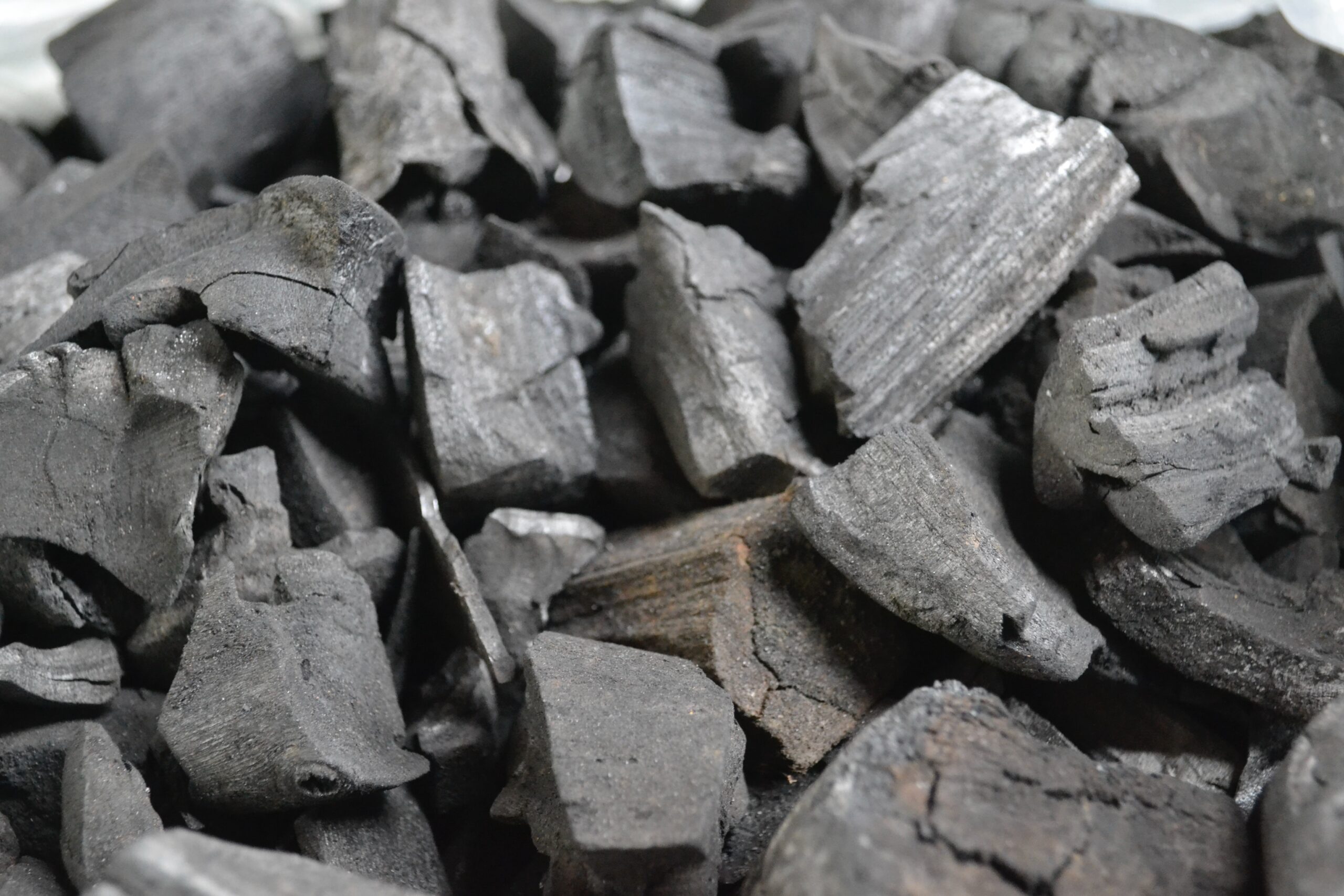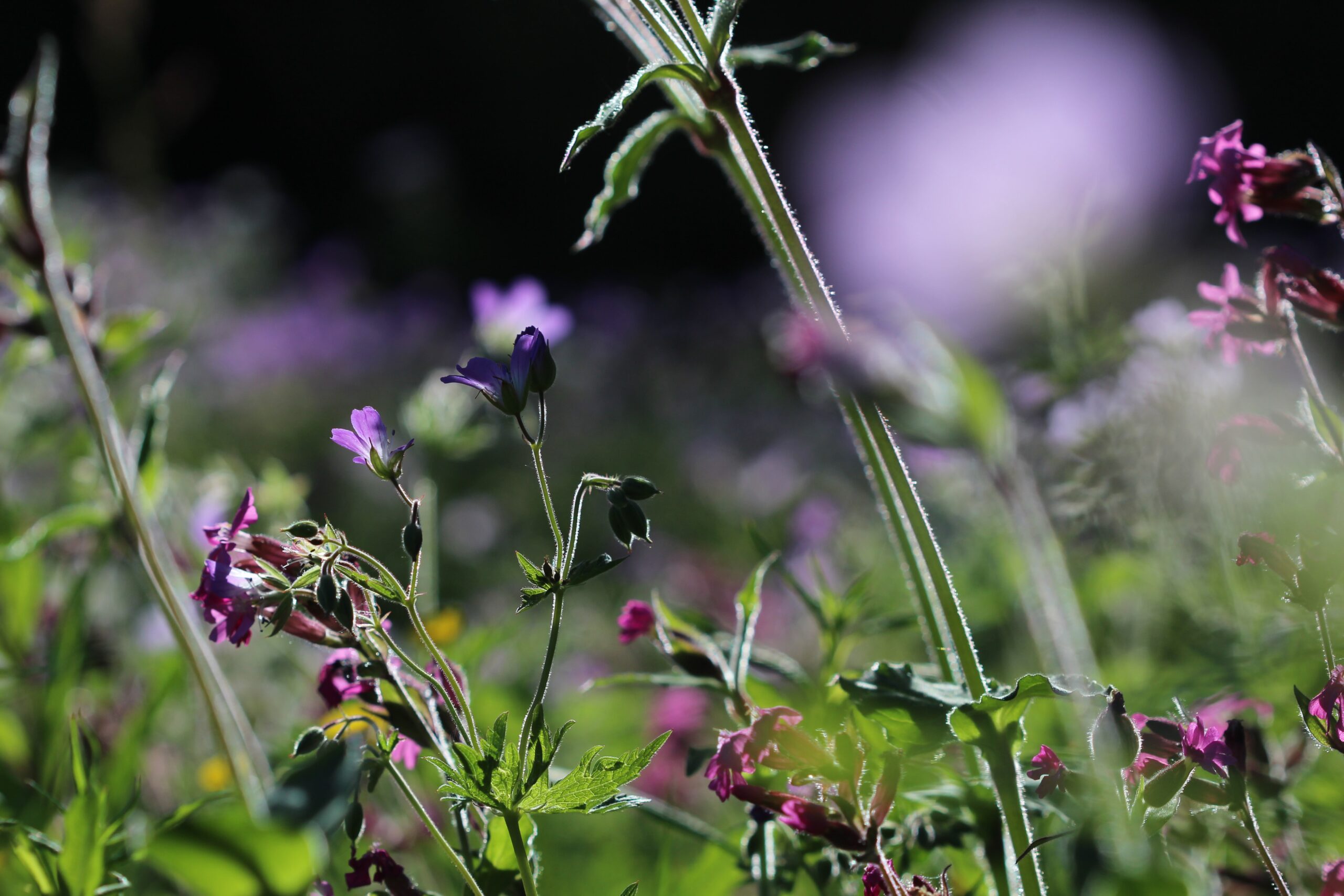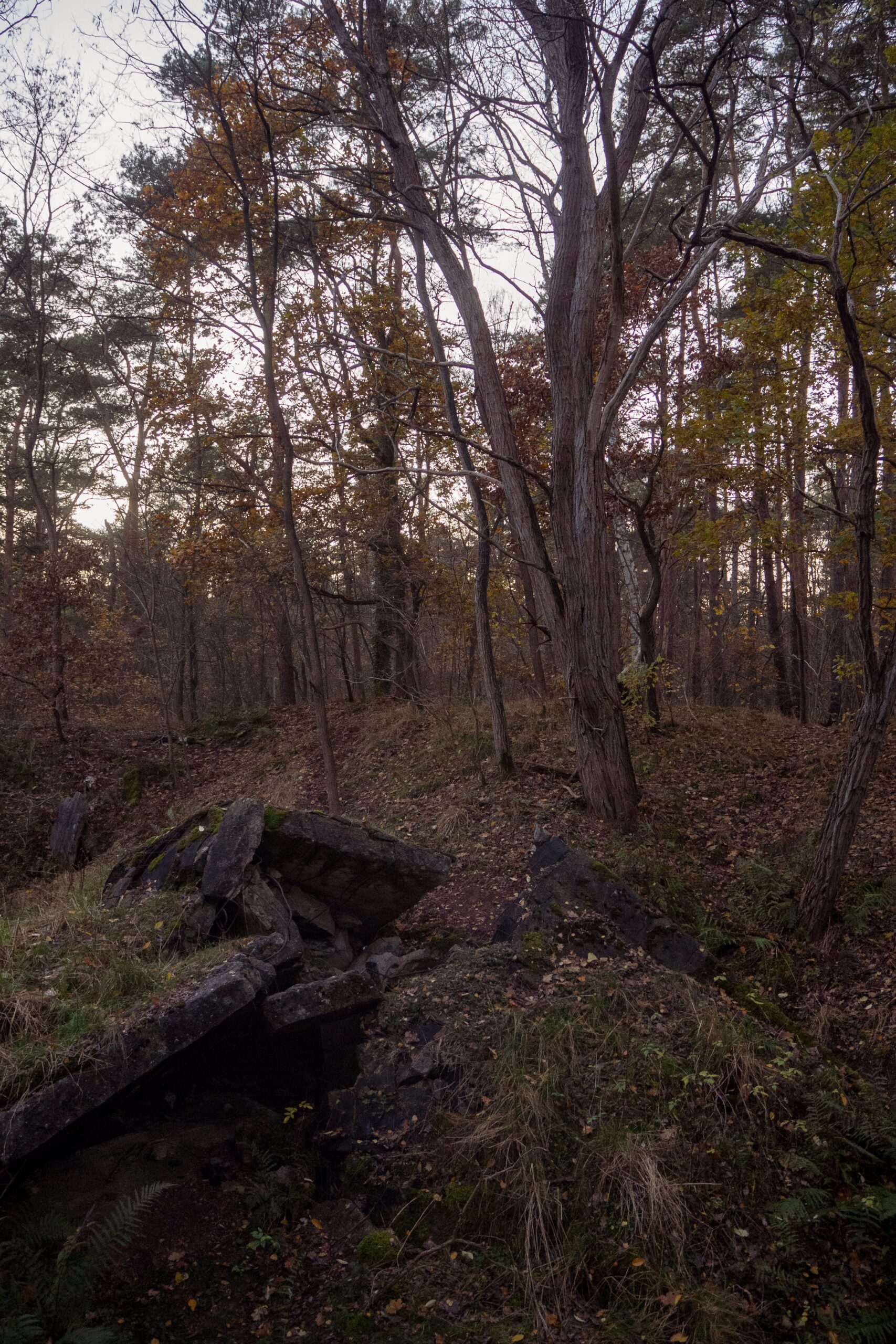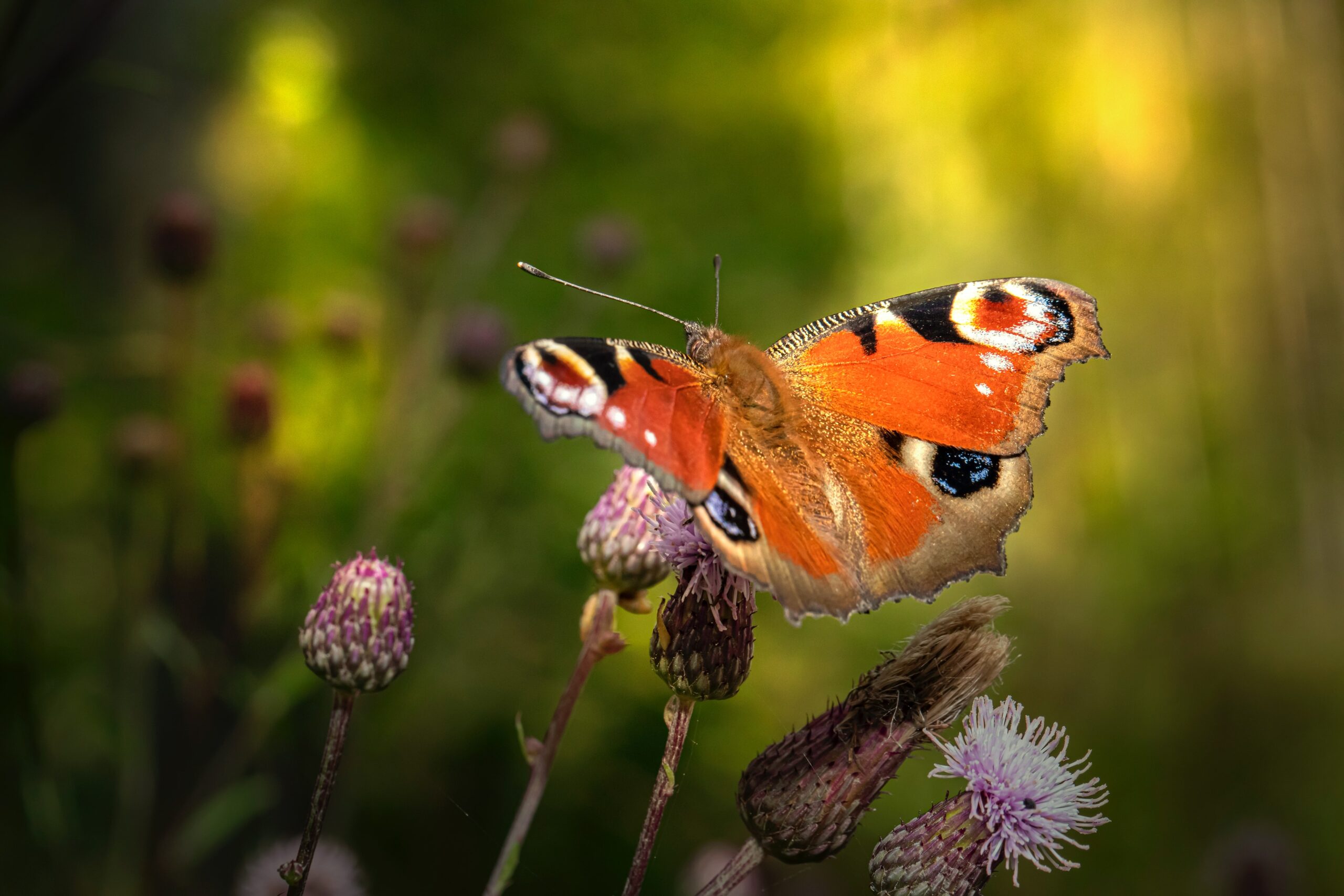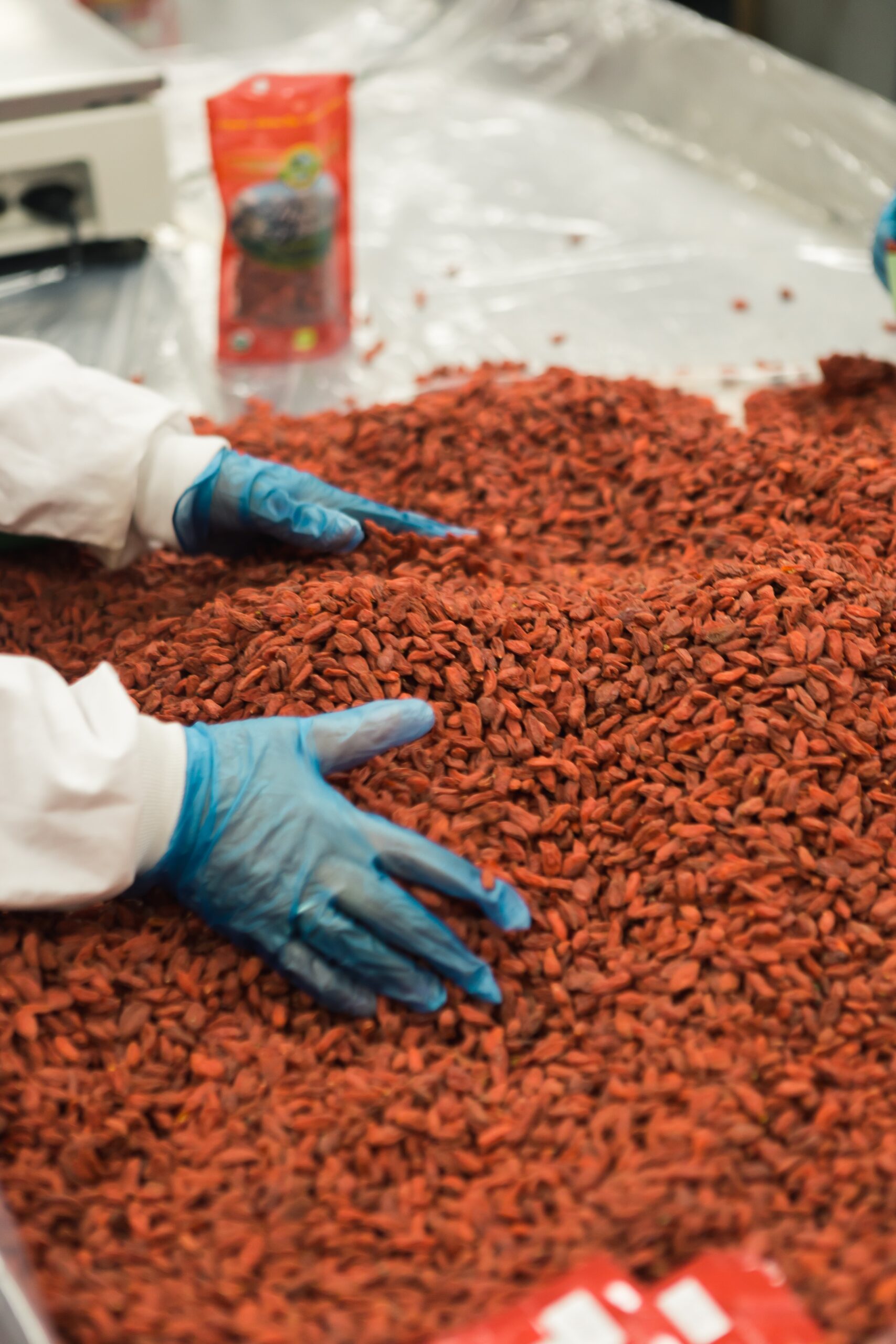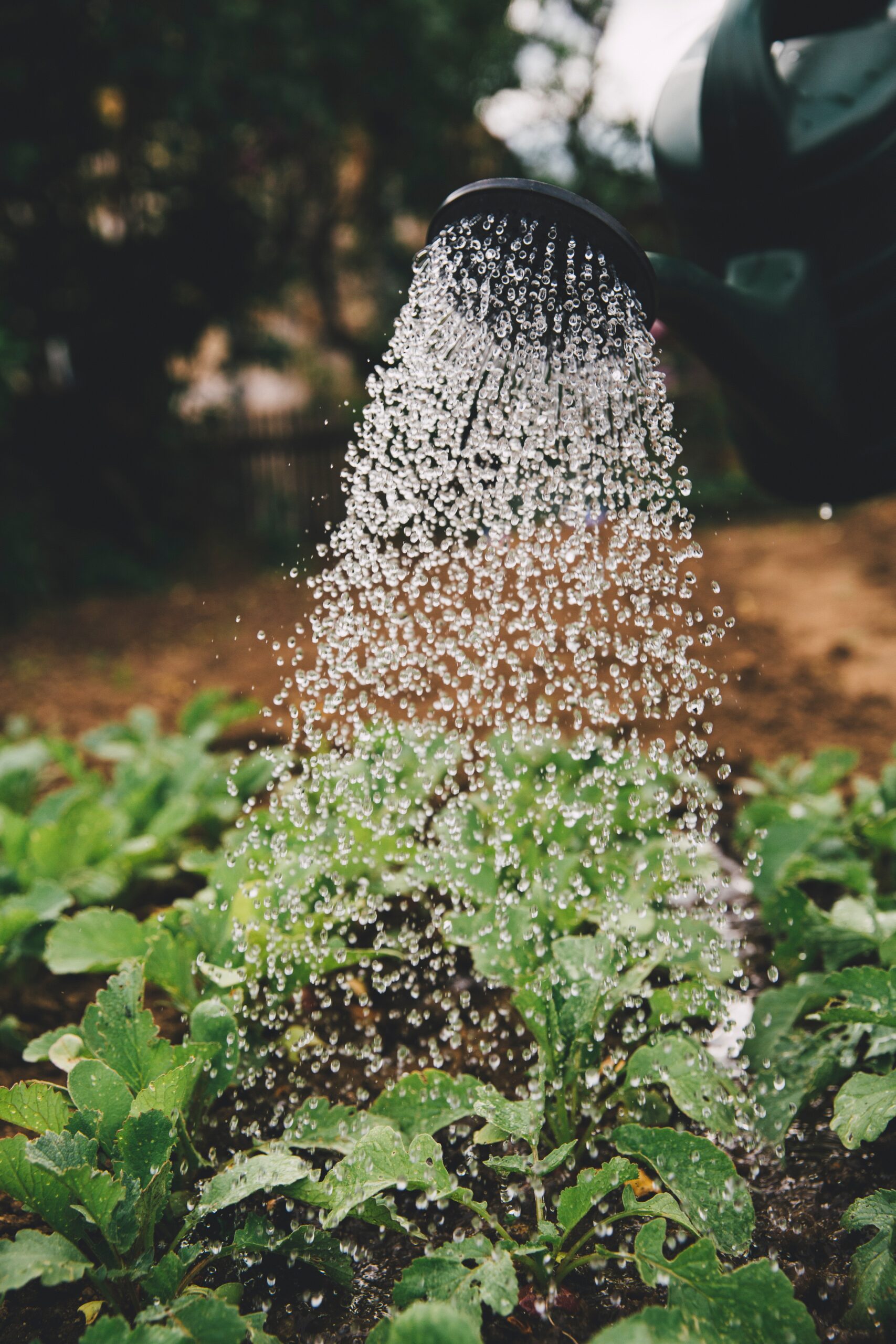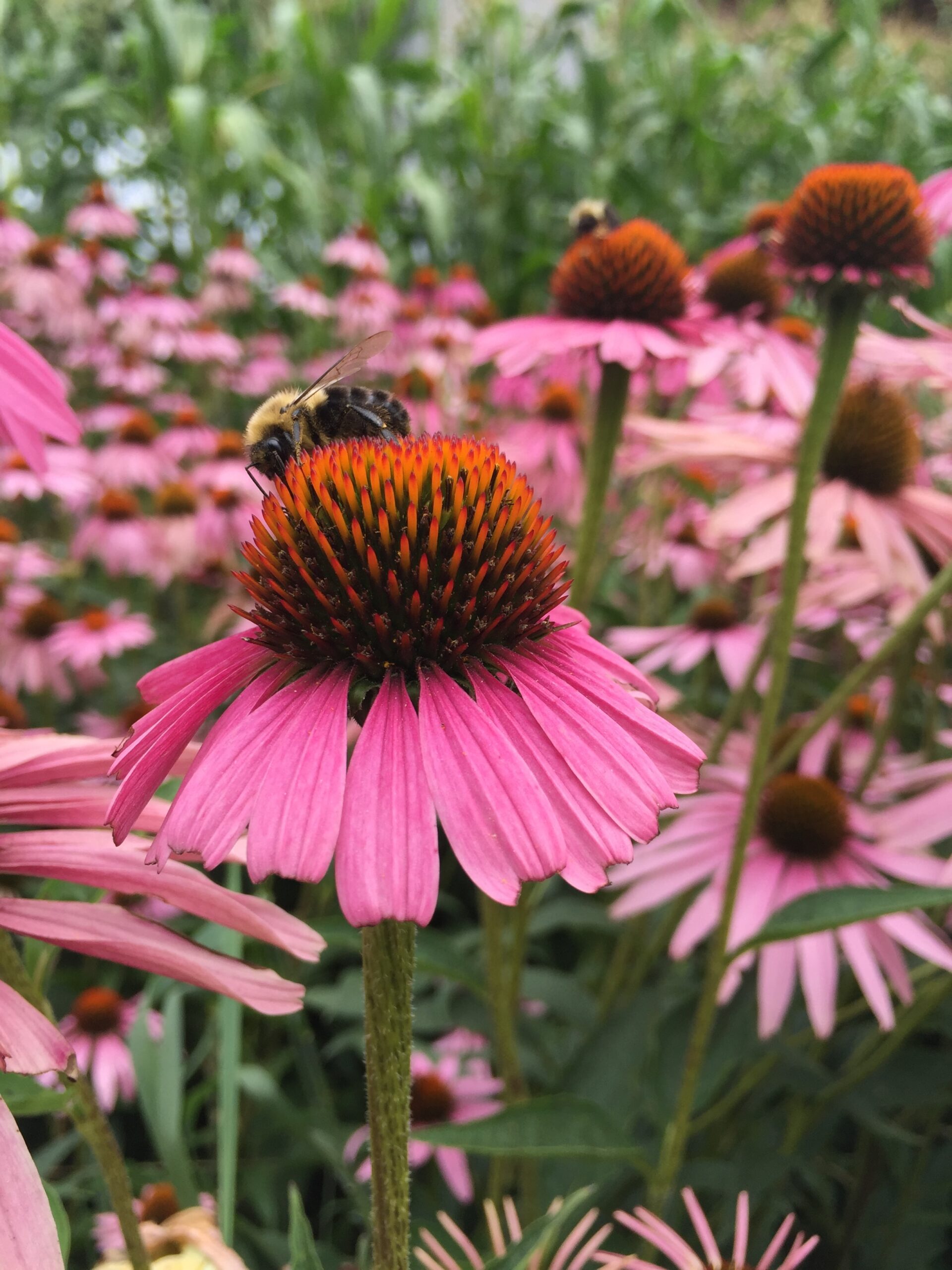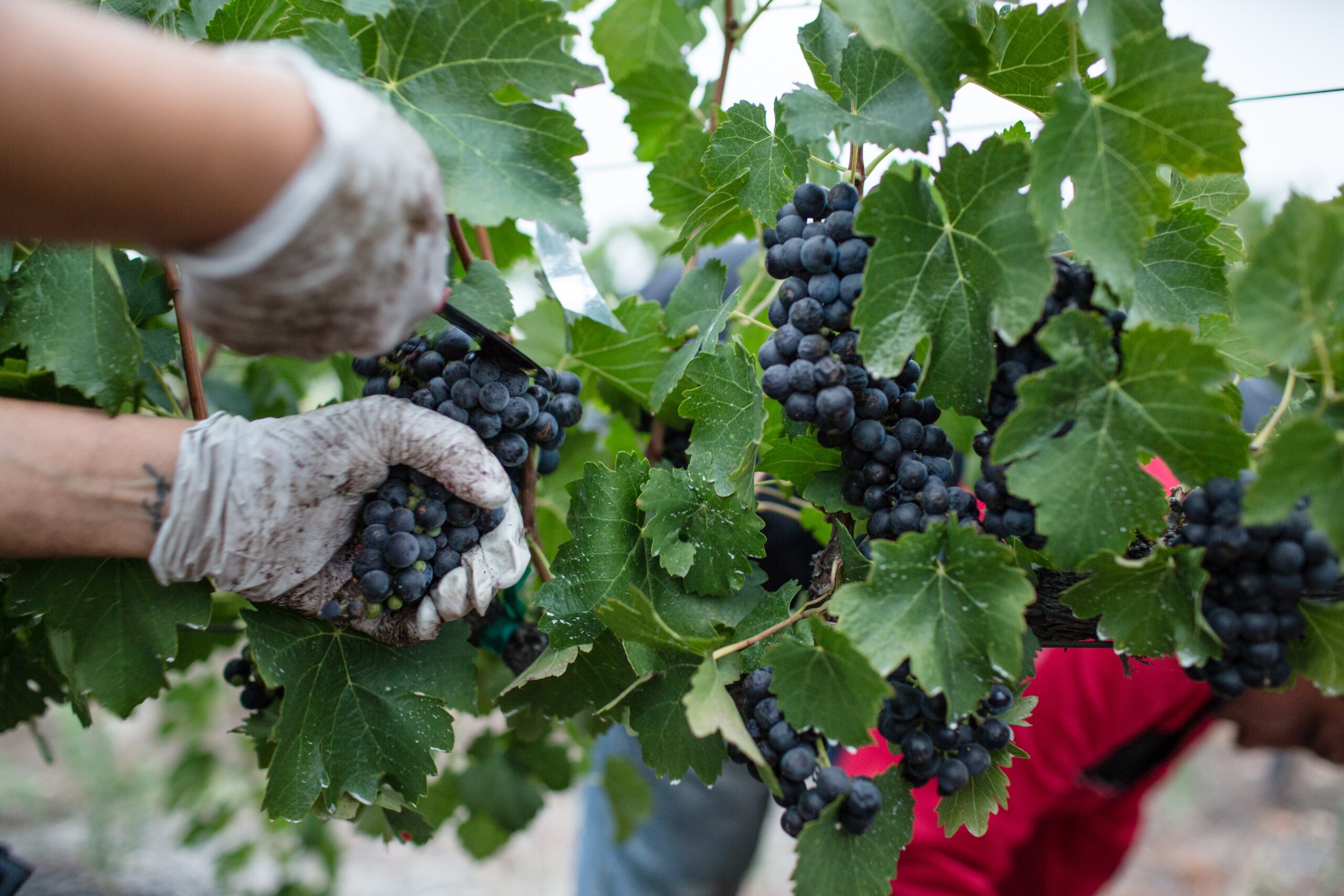Japanese spirea (Spiraea japonica L. f.), a popular landscape shrub, has shown the potential to become an invasive weed in both North America and Europe. Twenty commonly available S. japonica cultivars were evaluated for fertility using pollen and seed germination. Clones were grown in a randomized, replicated field plot, and additional seed samples were obtained from commercial nurseries and hand-pollinations in the greenhouse. Three sterile cultivars were identified: ‘Crispa’, ‘Dart’s Red’, and ‘Neon Flash’. These cultivars demonstrated poor another dehiscence and very low mean pollen germination, 2.7%, 3.0%, and 1.3%, respectively, which often produced abnormal pollen tubes. None of these three cultivars produced viable seed in the field plot, at commercial nurseries, or when hand-pollinated in the greenhouse, whereas seed germination from fertile clones ranged from 91.5% to 100%. The other 17 cultivars tested, which should be treated as entirely fertile for the purposes of invasive plant management, were ‘Albiflora’, ‘Anthony Waterer’, ‘Candlelight’, ‘Dakota Goldcharm’, var. Alpina ‘Daphne’, ‘Flaming Mound’, ‘Flowering Choice’, ‘Froebelii’, ‘Golden Princess’, ‘Goldflame’, ‘Goldmound’, ‘Gumball’, ‘Lemon Princess’, ‘Little Princess’, ‘Magic Carpet’, ‘Norman’, and ‘Shibori’. Measurements of DNA content indicated that all tested clones are diploid; therefore, the observed sterility was not related to polyploidy. The identification of these three sterile cultivars can help reduce the use of fertile varieties in areas where Japanese spirea has shown the potential to become invasive.














































































































































































































































































































































































































































































































































































































































































































































































































































































































































































































